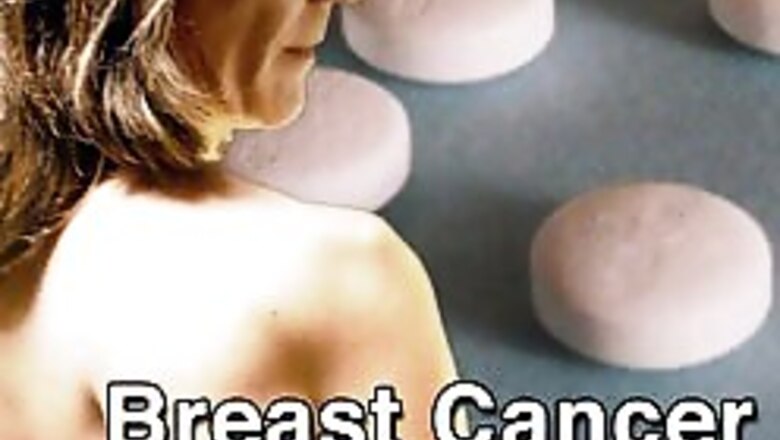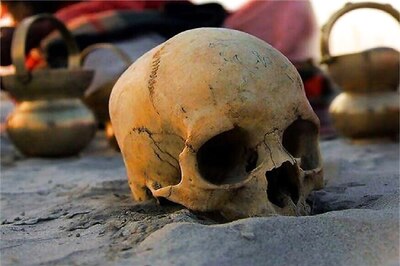
views
Milwaukee (USA): Icelandic women with a bad gene that raises their risk of breast cancer were virtually certain to develop the disease if they also had a mutation in a second gene, scientists reported on Monday.
It is unknown how much this applies to women elsewhere, but researchers believe the discovery will help unravel the genetic underpinnings of the most common cancer in women worldwide.
"How much risk it actually adds is the question. In this (Icelandic) population, it seems to add a significant amount of risk," said genetics expert at the American Cancer Society, Bill Phelps.
Two genes discovered a decade ago, BRCA1 and BRCA2, have been linked to hereditary forms of breast cancer. Women with one of them have three to seven times the risk of developing the disease compared with women who lack such genes.
But they account for only 10 to 15 per cent of total breast cancer cases, and not even most of the inherited ones.
So scientists have long searched for other genes that may act alone or with them to raise risk. One, called BARD1, now appears to do that.
Researchers led by Dr Kari Stefansson and colleagues at deCode genetics Inc. in Reykjavik, Iceland, studied 1,090 Icelandic women who had breast cancer and compared them with 703 similar women without the disease.
A specific BARD1 mutation was found in 2.8 per cent of women with cancer but only 1.6 per cent of women without it.
More surprisingly, the risk of developing breast cancer roughly doubled for women with the BARD1 mutation and the BRCA2 mutation most common in Iceland.
"When you get them together, you basically have almost certainty of breast cancer," said Stefansson.
In the United States, BRCA1 is more common than BRCA2, especially among Ashkenazi Jewish women. Many women with one of these bad genes agonise over whether to have mastectomies or other preventive treatments.
"A lot of people don't really want to deal with these issues unless they've had breast cancer and are worried about it returning," said prevention researcher at American Cancer Society, Ronit Elk.
If more research bears out the role of BARD1, women might be able to make better decisions, she said.
The study was published by the online science journal, PLoS Medicine. The company conducted and financed the research and said it was working on developing a test for the gene mutation.
The company has long done genetic studies in Iceland because of the availability of a large database on the population.
About 213,000 new cases are expected to occur in the United States this year and more than 1 million worldwide.




















Comments
0 comment